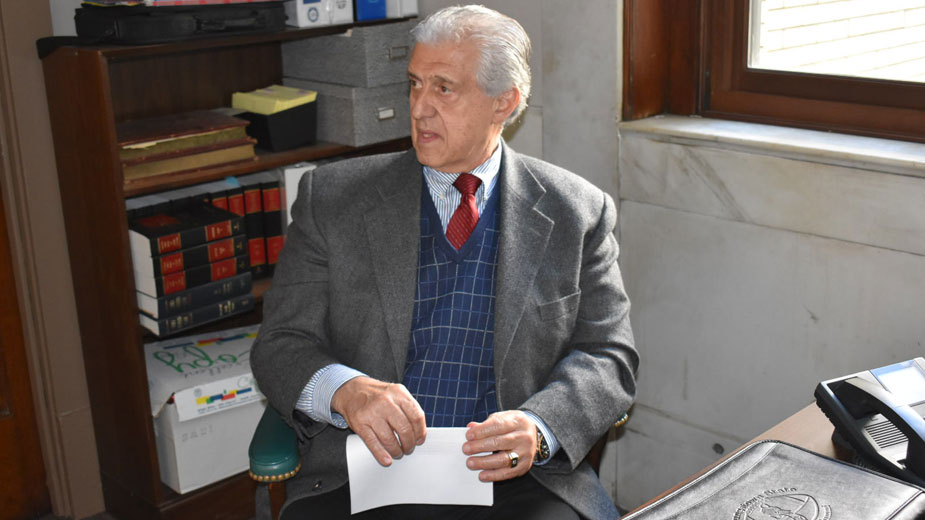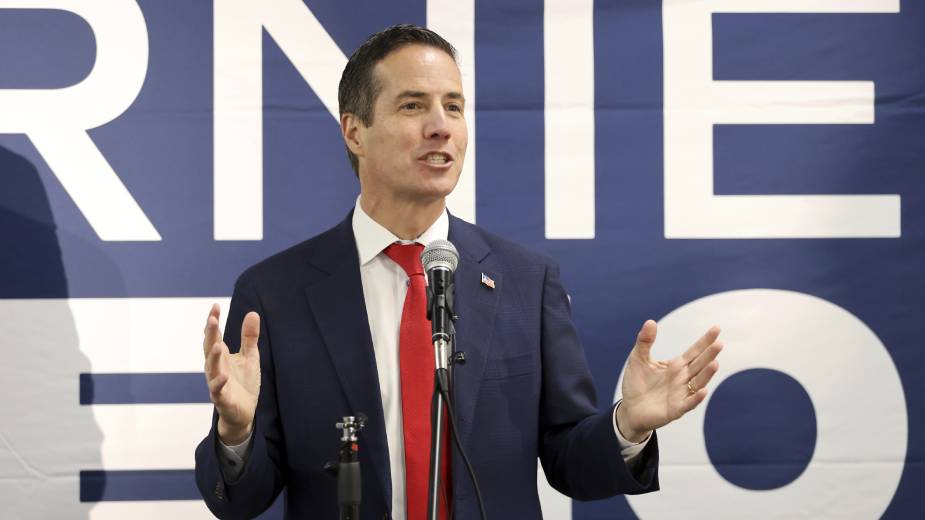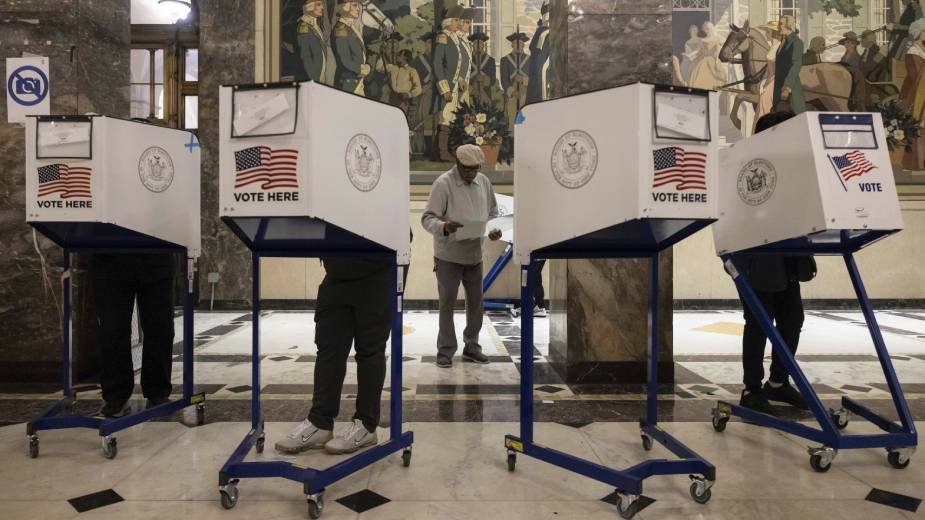Sammarone to Enter New Plea Monday
YOUNGSTOWN, Ohio – Former Mayor Charles Sammarone will enter a change of plea Monday in his criminal trial, which is set to get underway that day.
Sammarone’s attorney, John Shultz, confirmed Friday that he and prosecutors had reached an agreement, but both parties agreed to not reveal details.
“There has been a plea resolution,” Shultz said during a phone interview. “We will enter a plea Monday morning.”
Sammarone, who served as Youngstown’s mayor from August 2011 to December 2013, faces 14 charges including bribery, records tampering, falsification and engaging in a pattern of corrupt activity.
The former mayor, downtown developer Dominic Marchionda and former Youngstown Finance Director David Bozanich were charged in a 101-count indictment handed down Aug. 30, 2018. He was to be tried separately from Marchionda and Bozanich, who are scheduled to go on trial June 1.
Earlier this week, Mahoning County Common Pleas Judge Maureen Sweeney filed a judgment entry regarding a motion by Bozanich’s attorney to dismiss the counts against him in the indictment on grounds that they were barred by the statute of limitations, didn’t state a criminal offence sufficient to a state prosecutorial interest or were not based on a specific quid pro quo.
Additionally, the defense argued that several counts were duplicitous and that Count 101 – engaging in a pattern of corrupt activity – failed if the other offenses were dismissed and also was duplicitous.
Regarding the statute of limitations, the defense urges the court to rely on information beyond what is in the indictment, but the motion, if granted in whole, would in essence result in an acquittal, a ruling that would be “an improper exercise of judicial authority,” according to the entry.
“[A]llowing for such motions to be raised before trial would create a legal quagmire for the Courts,” she wrote.
“Furthermore, as the Defendant states in his reply memorandum, the State must show that the statute of limitations was tolled ‘beyond a reasonable doubt.’ Since this is the standard the State is held to during the trial, the Court will not hold the state to this burden of proof in pretrial motions,” she continued.
In addition, Bozanich’s defense urged the court not to apply the “public servant” exemption to the statute of limitations. While Sweeney said she agreed with the assertion, as reflected in paperwork, that Bozanich retired Dec. 28, 2012, evidence during a hearing showed he “continued to receive benefits that normally wouldn’t have been available to him, so the court can’t determine “at this juncture” whether the exemption should apply or not.
Additionally, because a criminal rule doesn’t allow for motions that challenge the jurisdiction of the court or to charge an offense, she could not rule on a motion to dismiss Count 8 – a bribery count – because it is based on evidence affecting only federal interests.
Because a stipulation was entered into regarding the third count – for bribery – Sweeney did not address it. Also, the court previously ruled on the duplicitous counts argument in a separate entry.
Copyright 2024 The Business Journal, Youngstown, Ohio.



